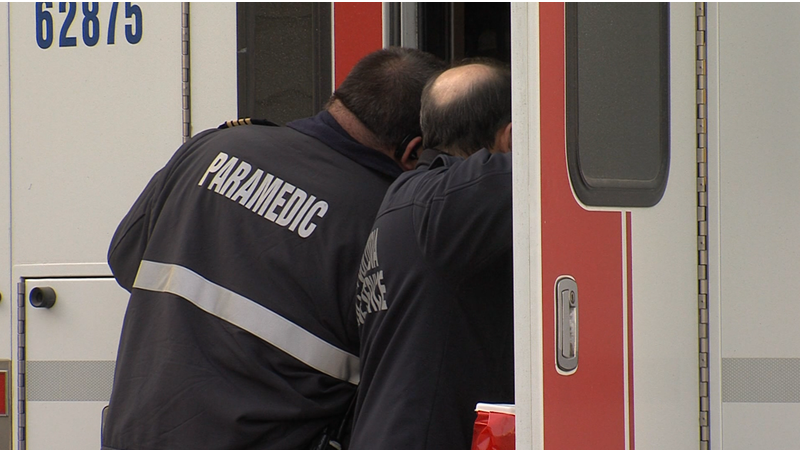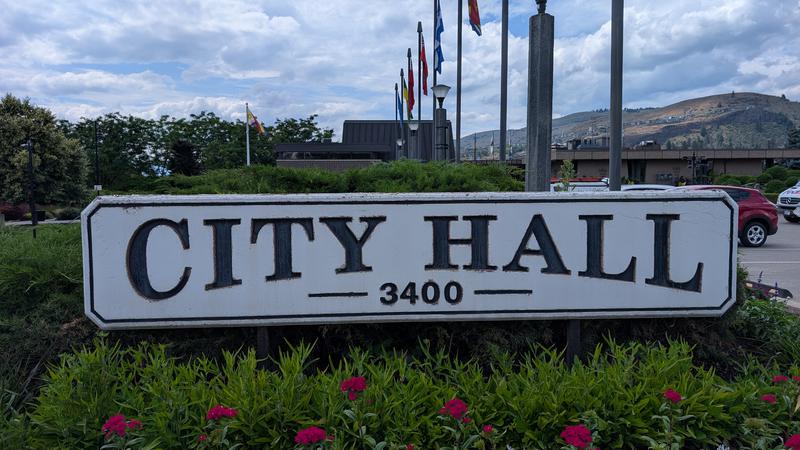
B.C. government forecasts U.S. tariffs would have a $69-billion cost
The British Columbia government outlined the massive potential impacts of tariffs on goods heading across the border.
Premier David Eby and Finance Minister Brenda Bailey held a press conference Thursday, Jan. 16, where it was stated that an economic assessment of the proposed 25 per cent tariff on all Canadian goods going into the United States would impact have significant impacts to the provincial economy, as the U.S. in B.C.’s largest trading partner, accounting for 54 per cent of exports.
“In the tariffs scenario, B.C. would experience an economic slowdown, with real GDP (Gross Domestic Product) potentially declining 0.6 per cent, year over year, in 2025 and 2026,” Bailey said.
“In the long-term, this represents a cumulative loss of around $69-billion between 2025 and 2028.”












